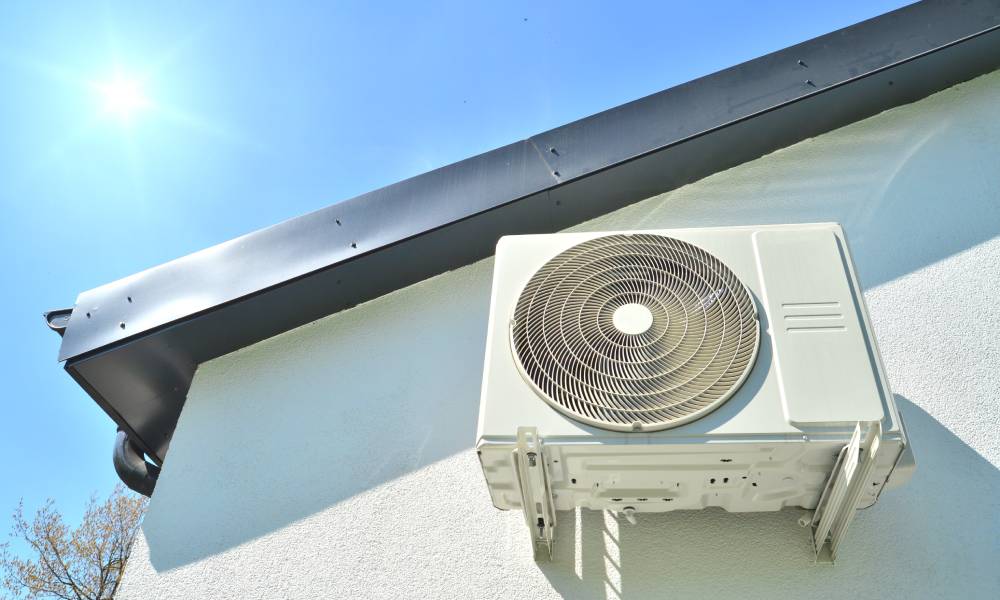
22 May How the Weather Can Affect Your HVAC System
Weather conditions have a significant impact on the functionality and efficiency of your HVAC system. For homeowners, understanding these effects is crucial to maintaining a comfortable and energy-efficient living environment. Knowing how different weather patterns can affect your HVAC system can help you take proactive measures to ensure its longevity and optimal performance.
Weather and HVAC Systems
Generally, the weather conditions that will affect your HVAC system’s performance are temperature, moisture, and wind. AC units and heaters experience the most strain in extreme hot and cold temperatures when the difference between indoor and outdoor temperatures is high. Not to mention extreme cold temperatures can prevent HVAC components from operating at all.
Excess precipitation due to inclement weather can lead to rust and corrosion in your AC unit, reducing the lifespan of certain components. In times of high humidity, AC units work overtime to remove excess moisture, leading to higher energy usage and potential overloading. Lastly, strong winds can force debris into the outdoor HVAC unit, obstructing airflow and causing potential damage. Regularly inspecting and cleaning the external unit can help maintain optimal performance and prevent operational issues.
Seasonal Considerations
Summer
During summer, your HVAC system is under constant stress to keep your home cool. High humidity levels can also negatively affect its performance. Excess moisture can cause mold growth within the system, reducing air quality and efficiency. Homeowners tend to notice their electricity bills rise in summer due to increased energy consumption, especially if they live in a warm climate.
Winter
In winter, your heating system works overtime to maintain warmth inside your home. This can put a strain on components such as the furnace and heat pump. Additionally, snow and ice accumulation around the outdoor unit can restrict airflow and damage the system.
Spring and Fall
Spring and fall are ideal times for HVAC maintenance. These transitional seasons allow you to prepare your system for the extreme temperatures of summer and winter. Regular maintenance during these periods can help identify potential issues and ensure your system is ready for the upcoming season.
Weatherproofing Your HVAC
Weatherproofing your HVAC system is essential to protect it from the elements. Be sure to replace air filters every 90 days and keep your outdoor unit free of vegetation, leaves, and pests. Sealing any gaps or cracks around your home can also improve your HVAC system’s efficiency. This reduces the workload on your system by preventing air leaks, which can lead to energy loss.
Another crucial step in weatherproofing is air duct system cleaning. Clean air ducts allow for optimal airflow and improve indoor air quality. Removing dust and debris buildup in the ductwork may improve your HVAC system’s performance, making it easier to maintain the desired temperature.
By understanding how weather can affect your HVAC system, you can take proactive measures to protect your home’s systems and ensure they operate efficiently year-round.



